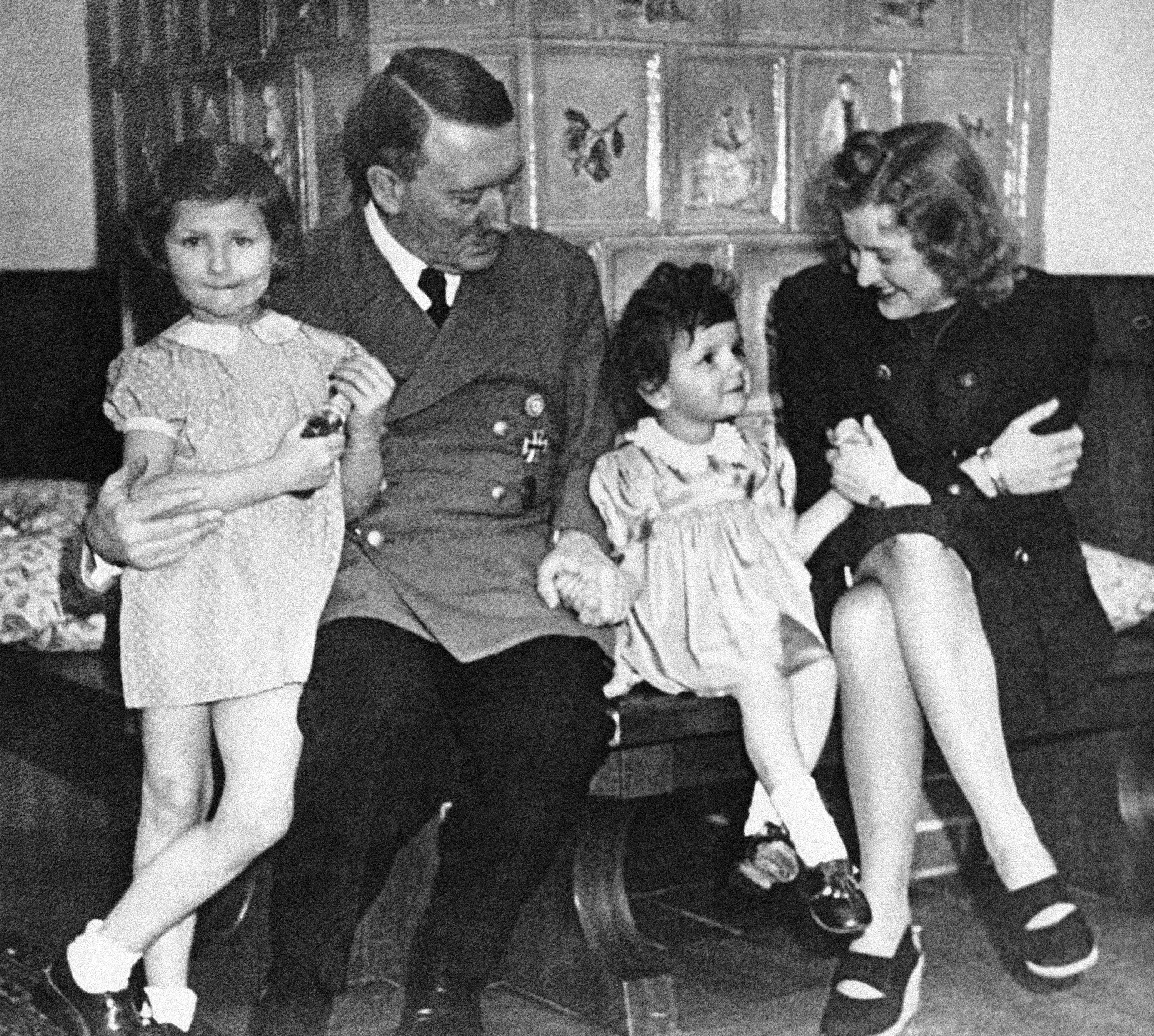Lutz Becker was born in Berlin, he says, "during the anno diabolo, 1941. Mine was the generation that was sent into a dark pit." Meeting this survivor of the Third Reich, now in his 70s and living in Bayswater, London, it's hard to suppress the thought that Becker, a distinguished artist and film historian, has conducted most of his life in a circle of hell.
Becker's childhood passed in the fetid, terrifying atmosphere of Berlin's air-raid shelters as the Allied raids intensified and the city was reduced to burning rubble. He recalls the radio announcements — "Achtung, achtung, ende ende, uber Deutschland sinfe bender. Achtung, achtung" — followed by the helter-skelter rush downstairs. When the bombs fell — even far off — "the change in the air pressure was enormous, and extraordinary," he says. "People used to bleed from the ears, the nose and the eyes. I came out deaf, with tinnitus." Today, Becker adds, "I envy children who grow up without fear."
When the war ended in 1945, Becker and his family found "a world in ruins. The bodies of soldiers lay in the streets. When you passed a bombed-out building you could hear the buzzing of bluebottles in the darkness. Death was still underneath the ruins," he remembers. The devastated, malodorous aftermath of the Third Reich left a deep psychological scar. "As a child I had been forbidden to use dirty words. Now I would stand in front of the mirror in my mother's bedroom and repeat 's***' and 'a***hole.'" He laughs at the memory. "But I was thinking of Hitler."



















With your current subscription plan you can comment on stories. However, before writing your first comment, please create a display name in the Profile section of your subscriber account page.